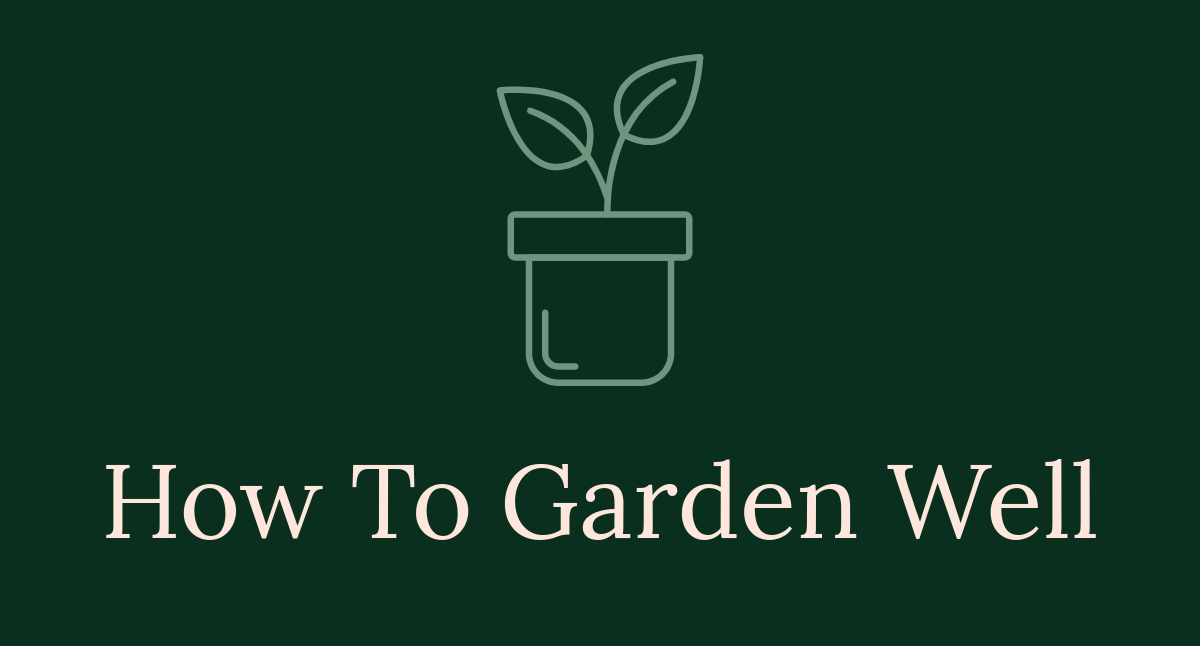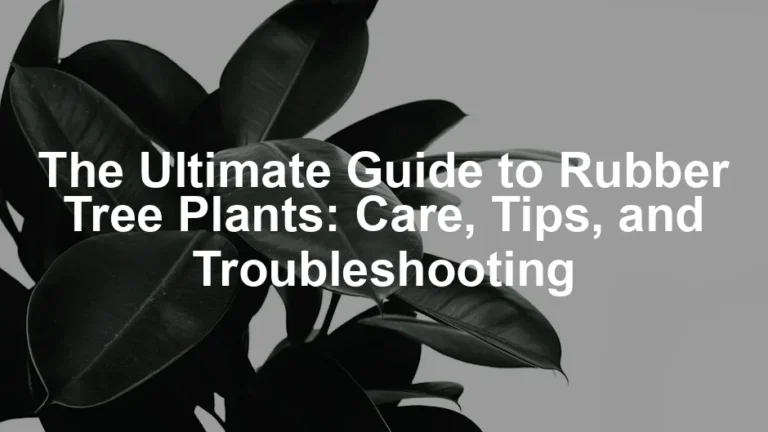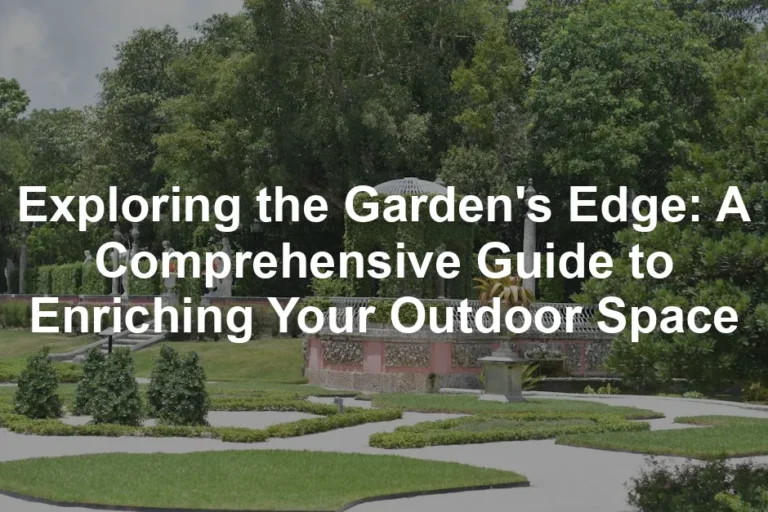

Garden Soil for Sale Near Me: Your Complete Guide to Finding Quality Soil Locally
Introduction
Quality garden soil is crucial for successful gardening. It provides essential nutrients and support for your plants. When you source soil locally, you gain several advantages. You enjoy convenience, fresher options, and often better prices. This article will help you navigate where to find garden soil for sale near you.
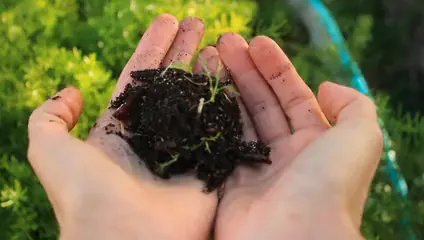
Summary and Overview
Garden soil plays a vital role in plant health and growth. It affects moisture retention, nutrient availability, and root development. Different types of soil are available, including topsoil, potting soil, and specialty mixes. Consider factors like quality, price, and delivery options when making your purchase.
Local garden centers and home improvement stores are excellent starting points. You can also explore online platforms for more options. Each choice has its benefits, so assess what works best for your gardening needs. Always check the soil quality to ensure your plants thrive.

Speaking of quality, have you tried Miracle-Gro Potting Mix? It’s a gardener’s best friend, designed to provide the perfect balance of nutrients for your plants. It’s like giving your plants a gourmet meal instead of fast food!
Where to Find Garden Soil for Sale Near You
Local Garden Centers
Local garden centers are treasure troves for gardeners. They usually offer various garden soil types like potting mix, topsoil, and compost. Each type caters to different gardening needs. Plus, supporting local businesses helps your community thrive. You may even discover seasonal sales or promotions that make your purchase more affordable. Keep an eye out for discounts during spring or fall!
Local garden centers often provide a variety of options, including compost, which is essential for enriching your soil.

If you’re looking for organic options, check out FoxFarm Happy Frog Organic Potting Soil. This soil is not only organic but also packed with nutrients that your plants will love. It’s like a spa day for your garden!
Home Improvement Stores
Major home improvement retailers, like Home Depot or Lowe’s, stock a wide range of garden soil. They offer options in bags and bulk, which can save you money on larger projects. If you’re planning a big garden, bulk purchasing can be a game-changer. Additionally, the convenience of in-store pickup makes it easy. You can quickly grab your soil and head home, or choose delivery for added ease.
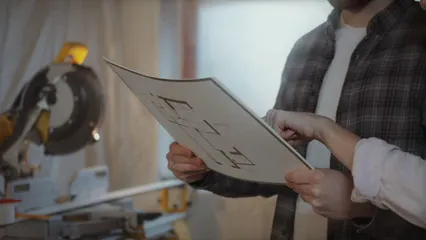
Landscape Supply Companies
Landscape supply companies are perfect for larger gardening projects. They often sell soil by the cubic yard, which is ideal for significant landscaping tasks. Pricing typically varies based on quantity, with discounts available for bulk purchases. However, always check the soil quality and composition before buying. Quality soil leads to healthier plants and better results for your garden!
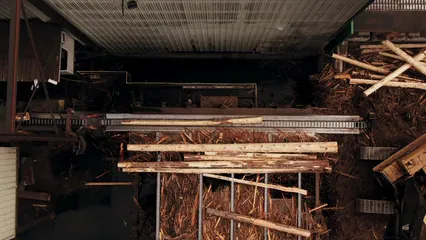
Online Marketplaces
Looking for garden soil? Check Craigslist and Facebook Marketplace. These platforms often have local sellers offering various soil types. The benefits? You might score great deals and find unique options. However, buying from individuals comes with risks. Quality can vary, and you might not get what you expect.
To ensure you’re making a solid purchase, ask for photos. A clear image shows the soil’s texture and cleanliness. Also, inquire about its source. Is it from a reputable supplier? If possible, request a sample. This way, you can assess its quality before committing.

Delivery Services
Delivery services for garden soil are a lifesaver! Companies like BigYellowBag and Soilutions offer soil straight to your door. This convenience is perfect for busy homeowners and gardeners. Imagine not having to lift heavy bags yourself!
However, delivery usually comes with costs. Be sure to factor these into your budget. To find services in your area, do a quick online search. Check local directories or ask at garden centers. Many businesses provide options tailored to your needs.
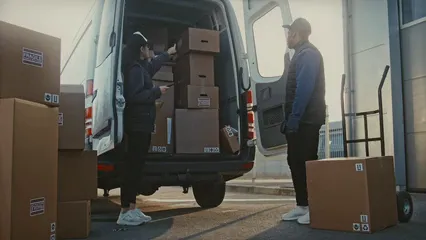
What to Consider When Buying Garden Soil
Soil Composition and Quality
The composition of garden soil is key to plant health. Quality soil contains organic matter and balanced pH levels. These factors influence how well your plants grow.
When shopping for soil, look for clear descriptions. Quality soil should feel crumbly and not too compacted. If possible, smell it! Good soil smells earthy, indicating it’s rich in nutrients. Always prioritize quality; it directly impacts your gardening success.
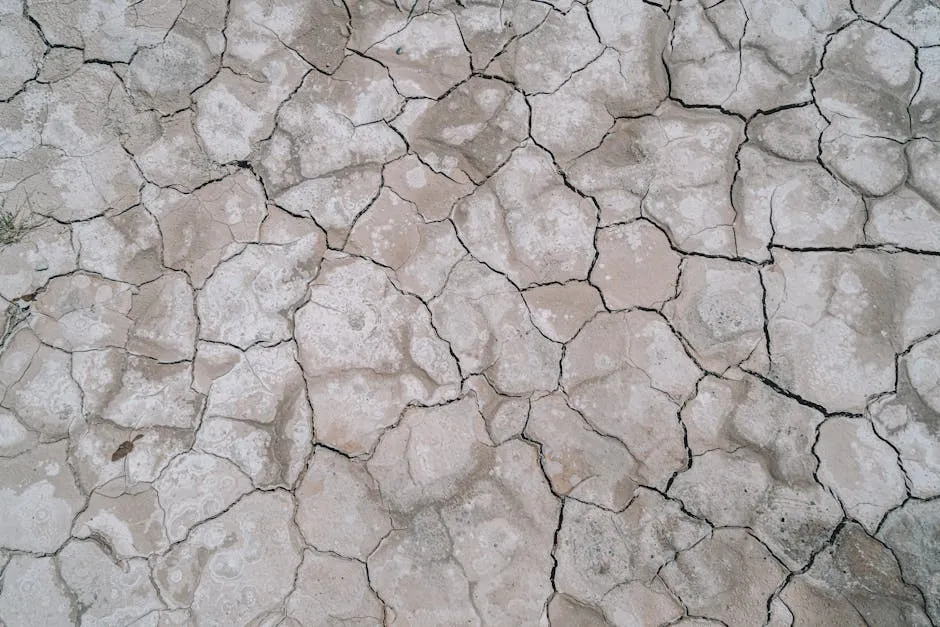
For those who want to ensure their soil’s pH is just right, consider a Soil pH Tester. This handy tool helps you monitor your soil’s acidity and alkalinity, ensuring your plants get exactly what they need to flourish!
Pricing and Value
When searching for garden soil, pricing can vary widely. On average, you might expect to pay between $5 to $30 per bag. Bulk purchases, often sold by the cubic yard, can range from $100 to $200. The price depends on quality and type. For instance, organic soil usually costs more than conventional options.
To assess value, consider your gardening goals. Are you planting flowers or vegetables? For vegetable gardens, opt for nutrient-rich soil. Always check for organic matter and drainage capabilities. Higher quality soil may cost more initially but can lead to better plant health and yields.
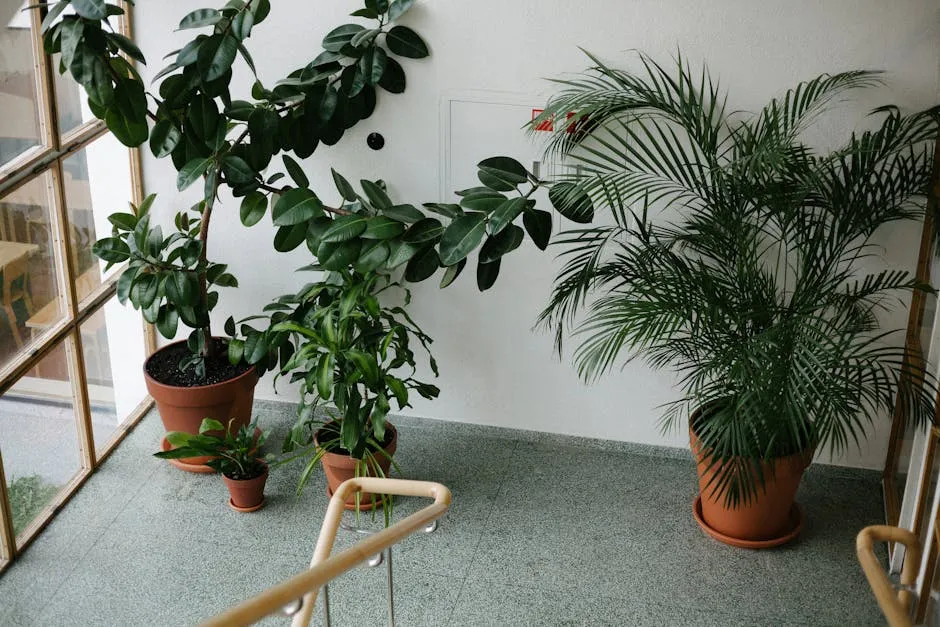
Customer Reviews and Recommendations
Before purchasing garden soil, checking reviews is essential. Online ratings can provide insights into quality and customer satisfaction. Look for soils with high ratings and numerous reviews. They often indicate reliability and performance.
Personal recommendations from local gardeners can be invaluable. They have firsthand experience with products available in your area. Ask friends or join local gardening groups for advice. Their insights can help you make informed decisions and avoid poor-quality options.
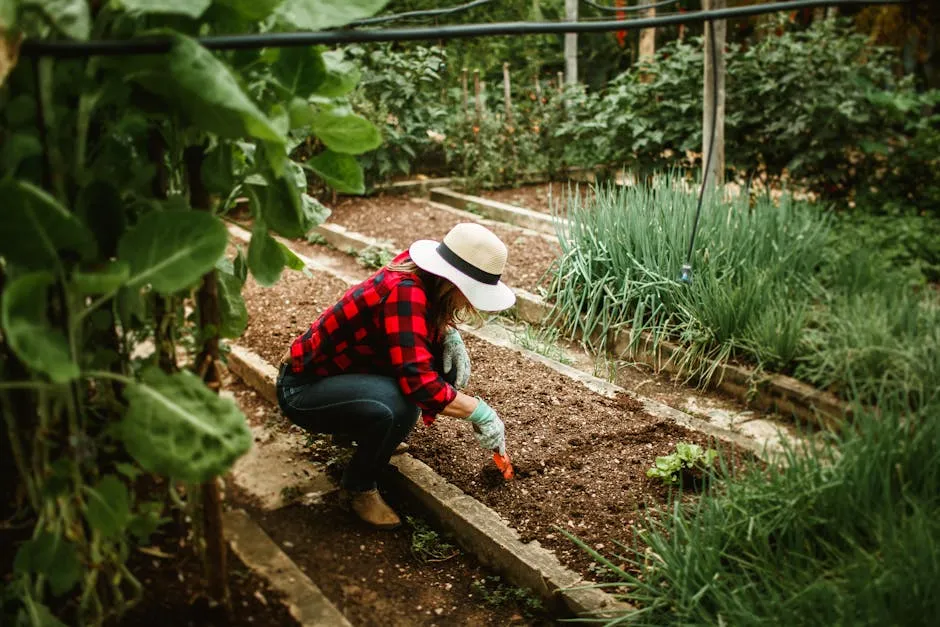
Special Types of Garden Soil
Organic vs. Conventional Soil
Organic and conventional garden soil serve different needs. Organic soil is made from natural materials without synthetic additives. It enriches the soil, promoting healthier plant growth. Conversely, conventional soil may contain chemicals that can affect your garden’s ecosystem.
Using organic soil benefits health-conscious gardeners. It supports biodiversity and reduces chemical exposure. Plus, it often enhances flavor in fruits and vegetables. For those aiming for a sustainable garden, organic soil is the way to go.
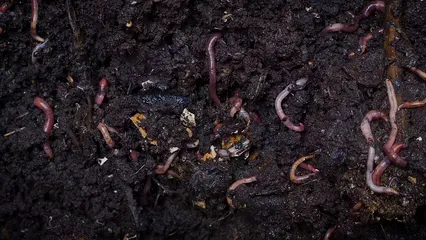
Specialty Soil Mixes
Specialty soil mixes cater to specific plant needs. For instance, cacti thrive in a mix that drains quickly. Look for a soil blend with sand and perlite for potting soil. This ensures adequate airflow and prevents root rot.
Orchids require a different approach. A chunky mix featuring bark and sphagnum moss works best. This combination retains moisture while allowing roots to breathe. It’s vital for their growth and blooming.
When choosing the right mix, consider your gardening goals. Are you growing vegetables, flowers, or houseplants? Each type of plant has unique requirements. Research what works best for your selections.
For vegetables, a nutrient-rich mix is crucial. It fosters healthy growth and enhances yields. If you’re focusing on ornamental plants, choose a soil that supports vibrant blooms.
Always read product descriptions before purchasing. Quality specialty mixes can make a significant difference in plant health. Investing in the right soil is a step toward a thriving garden. For more information on soil types, check out the best soil types for propagating succulents from leaf cuttings.

Understanding the best soil types is essential for selecting the right mix for your plants.
Speaking of making your gardening journey easier, don’t forget about gardening gloves. They protect your hands while digging in the dirt, making your gardening experience both safe and enjoyable!
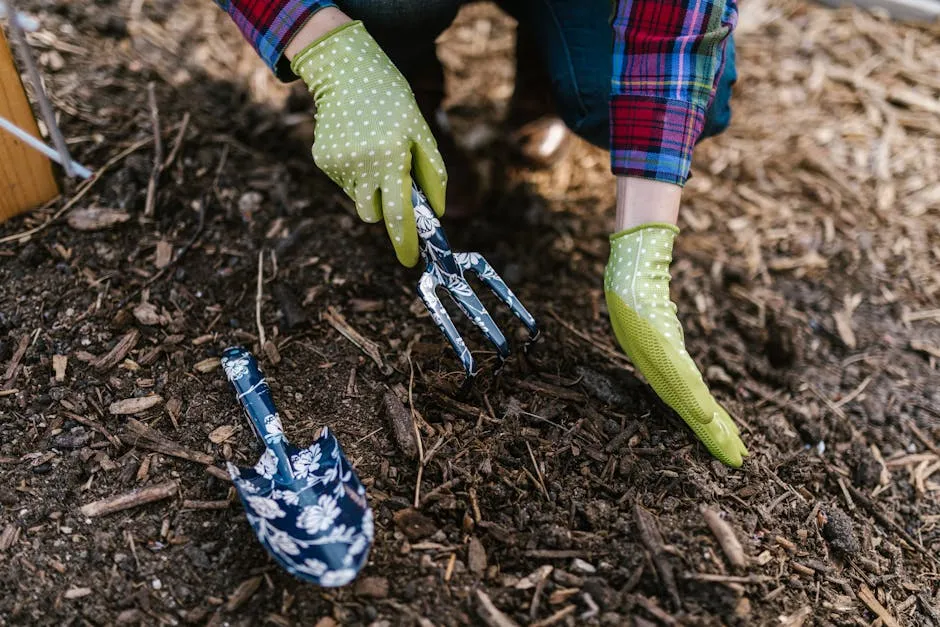
Conclusion
Sourcing quality garden soil locally is essential for success. It ensures your plants receive the nutrients they need. By exploring various options, you can find the perfect soil type for your garden.
Take the time to assess your choices. Consider specialty mixes, organic options, and local suppliers. Investing in quality soil can lead to healthier plants and bountiful harvests. Happy gardening!

FAQs
What is the best type of garden soil for vegetables?
Look for nutrient-rich, well-draining soil. Choose based on your local climate and plant variety.
How much garden soil do I need for my project?
Measure the area and depth to calculate soil volume. A cubic yard covers about 100 square feet at a depth of 3 inches.
Can I get garden soil delivered?
Yes, many local suppliers offer delivery. Check for options and pricing in your area.
What should I look for in quality garden soil?
Assess texture, smell, and composition. Quality soil should feel crumbly and smell earthy.
Are there any local resources for free or discounted garden soil?
Many communities host composting programs. Check for local resources or gardening groups for free soil.
Before you go, if you’re planning to start seeds, a seed starter kit can make the process easier! It provides everything you need to nurture your little green friends from the very beginning.
Please let us know what you think about our content by leaving a comment down below!
Thank you for reading till here 🙂
All images from Pexels
